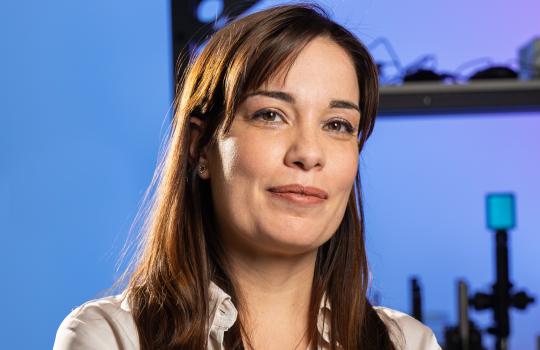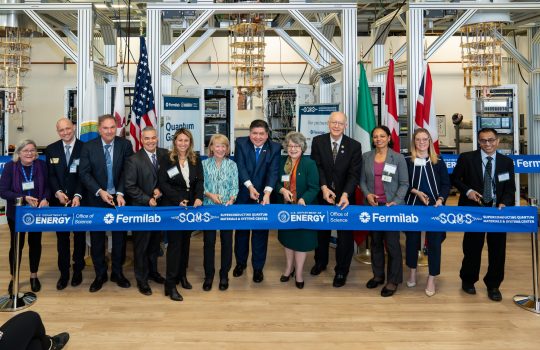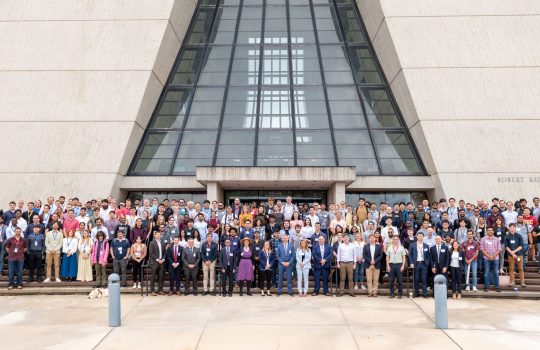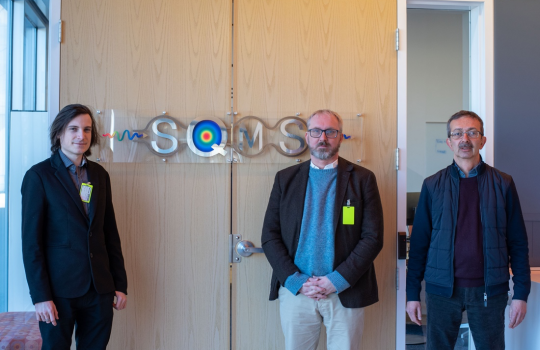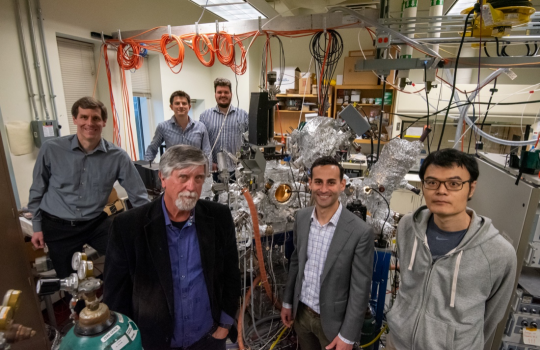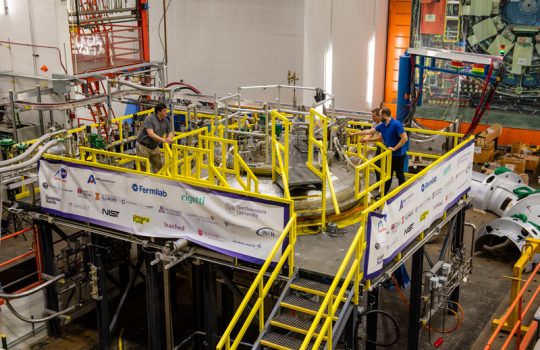From Whitehouse.gov, Dec. 5, 2022: Last week the White House Office of Science and Technology Policy hosted the thirteen National Quantum Initiative and National Defense Authorization Act research centers to discuss the most pressing scientific and workforce challenges affecting quantum information science and the impacts and benefits of the field to society. Fermilab’s Sam Posen and Jens Koch attended the summit to present SQMS’s mission, major scientific impacts, as well their approaches to building multi-disciplinary research teams, engagement with industry, and education and outreach.

